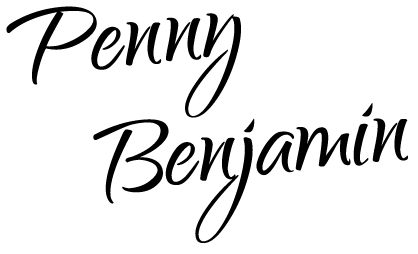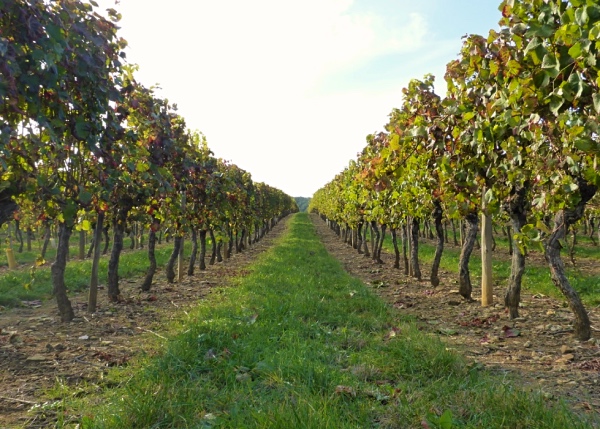Pinot Noir Vendange (grape picking) and Pigeage (grape stomping) 2016
Domaine Frederic Mazeau, Burgundy
Burgundy (Bourgogne) in France is world-renowned for its wines. Wine has been produced in the region for over 2000 years. Its Appellation d’Origine Contrôlée (AOC) was awarded in 1936 and describes the regions or climats that produce Grand Crus wines, Premier Crus wines, Villages wines and Régionales wines. These climats are geographic regions with specific natural conditions that remarkably affect the grapes’ growth and flavour.

Map of wine regions in Burgundy from www.burgundytoday.com
Burgundy’s geographical situation exposes it to a semi-continental climate, with very cold winters, yet warm summers allowing for optimal grape maturation and flavour concentration.
The two main varieties grown in Burgundy are Pinot Noir (34%) and Chardonnay (48%), with small amounts of Gamay and Aligoté.

Pinot Noir by Domaine Frederic Mazeau
I was fortunate enough to spend 3 weeks in Burgundy in Autumn 2016 (October). While tasting wine at a local producers market, I met vigneron, Frederic Mazeau. Fred kindly invited me to join him and his family for the vendange of his Pinot Noir! Fred uses biodynamic practices to produce his wines – that means no pesticides/insecticides/fertilisers. All natural and organic. Due to a late frost in the Spring this year, Fred’s Chardonnay harvest was a tiny 4L. Pinot Noir, on the other hand, was another story!
We picked by hand, ensuring no mouldy/discoloured or damaged grapes made it into the harvest. It took 4 of us 2 leisurely afternoons to complete the pinot noir harvest on Fred’s small domaine (vinyard).

Frederic Mazeau, hard at work.

Pinot Noir grapes

The pickers!
Back at the Cuverie (headquarters) we unloaded the grapes into a steel vat where they sat for a week. The natural yeasts and bacteria on the grapes begin the fermentation process so it is important to allow ventilation. A large piece of cardboard is used as a lid to keep insects out while still allowing ventilation.

Pinot Noir grapes after picking.
After 1 week, the first Pigeage (grape stomping) occurs! Pigeage (used only for red wines) is performed every few days for about a month while the red grapes are in the steel vat. Pigeage has several benefits; it begins the crushing/pressing process so the grape juice can get out of the fruit, it mixes the juices from the bottom and top of the vat which (due to fermentation) will develop temperature differentials, and it exposes juice and sugars at the bottom of the vat to oxygen so they can ferment.

Pigeage of Pinot Noir

After a month, the mixture, now fermented into wine, is pressed to extract all the juice and placed in an oak barrel to age. The length of time spent in the barrel will differ depending on the vigneron but is typically around a year. Before the wine is then bottled, corked and labelled!

Fresh, foot-pressed grape juice.
I had such fun with Fred, Caroline and the crew. Thanks so much for the wonderful experience, I’m looking forward to returning in a month to taste the product!

Magnum of the final product!
Facts and data sourced from “Passport to Bourgogne Wines, Voyage en Bourgogne”, Bourgogne Wine Board, 2016, www.bourgogne-wines.com

